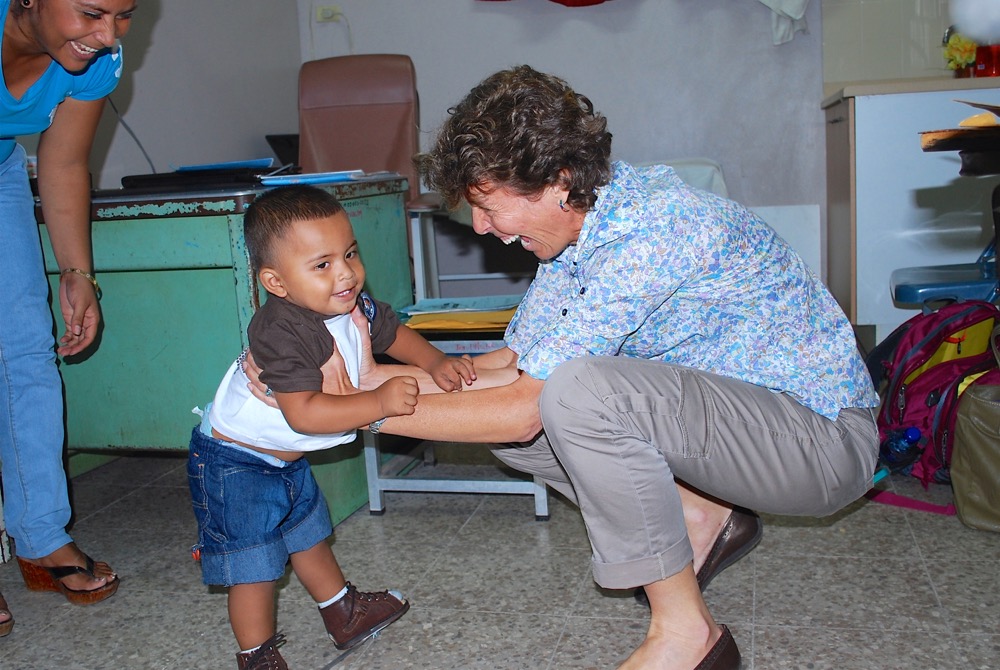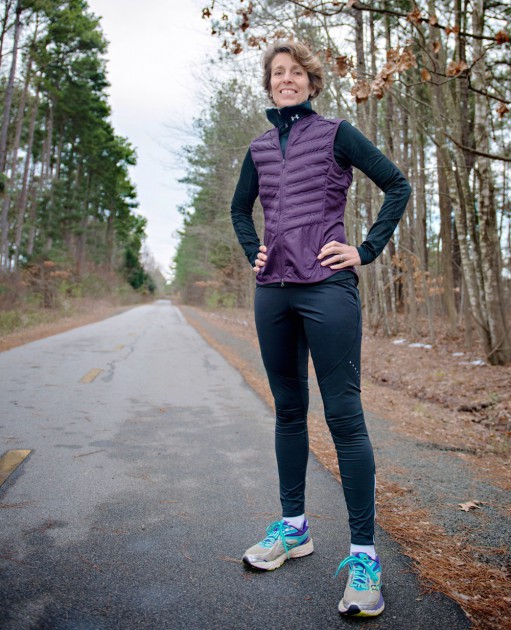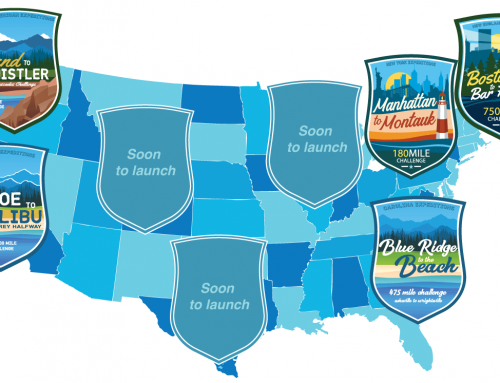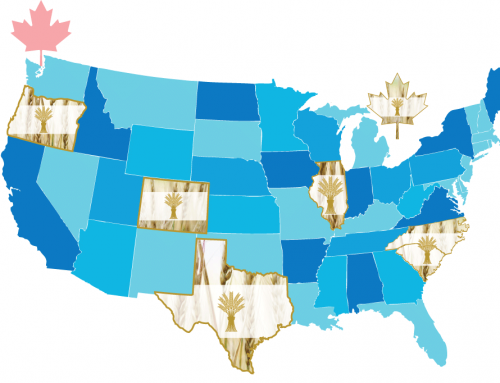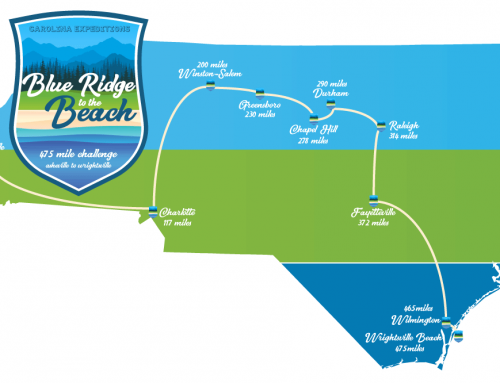By Casey Saussy
At Endurance Magazine, the mission is to empower and inspire adults to live more active, healthy lives. That goal is much the same at miraclefeet, led by Founder and Executive Director Chesca Colloredo-Mansfeld. miraclefeet is dedicated to enabling children born with clubfoot to live their most healthy, active and productive lives.
Last year, I began working for miraclefeet, a Carrboro based non-profit, under the direction of Chesca, a mom of three and avid runner. In 2010, Chesca walked away from her lucrative corporate career to start miraclefeet, which is eradicating the number one physical disability in low resource countries. Her passion for helping children around the world is contagious, and her connection to clubfoot started at a young age. Growing up as a diplomat’s daughter in Africa, Chesca remembers seeing grown men with severely twisted feet begging on street corners. The image stayed with her, and when she learned years later that the condition could be treated non-surgically for only $250, she knew what she wanted to do with the rest of her life.
Clubfoot affects about 200,000 children each year. It is a birth defect that causes one or both feet to turn inwards and upwards, which makes it difficult if not impossible to walk properly, let alone run or ride a bike. Living with a disability is difficult anywhere, but in developing countries it is devastating.
Here in the U.S., the condition is often diagnosed via ultrasound and treated shortly after birth. Children born with clubfoot typically go on to live healthy, active lives. In fact, Mia Hamm, Kristi Yamaguchi, and Troy Aikman were all born with clubfoot and received proper treatment. But children born with clubfoot in low resource countries are not so fortunate – 80 percent have limited or no access to treatment. Because of their disability, they often face stigma and discrimination – left alone and hidden away because the family is ashamed. As walking is difficult, they likely cannot attend school and are subject to higher risk of neglect, poverty, illiteracy, and physical and sexual abuse.
“Unlike so many of the world’s problems, this one is solvable,” says Chesca. miraclefeet supports local health practitioners in developing countries who are trained in the Ponseti method, a non-surgical treatment that involves a series of simple, properly applied plaster casts that are changed weekly. In 95% of cases, this results in full correction of the foot in four to six weeks of casting. Following casting, a brace is worn at night for several years to prevent relapse. The total cost of treatment is only $250 per child. It’s a small price to pay to transform a child’s life.
People often ask, “Why Clubfoot?” Chesca’s quick answer is that every child deserves the chance to walk, run and play. But there is a longer, more complex answer, according to Chesca. “Treating clubfoot is a relatively easy way to address a root cause of poverty. A child living with untreated clubfoot in a low resource country will most likely live in extreme poverty, marginalized and unable to work productively – and become a drain on his or her community and society. If we can treat that child when he or she is young, all of that changes. That child can run, walk and play. That child can go to school, collect water, and help in the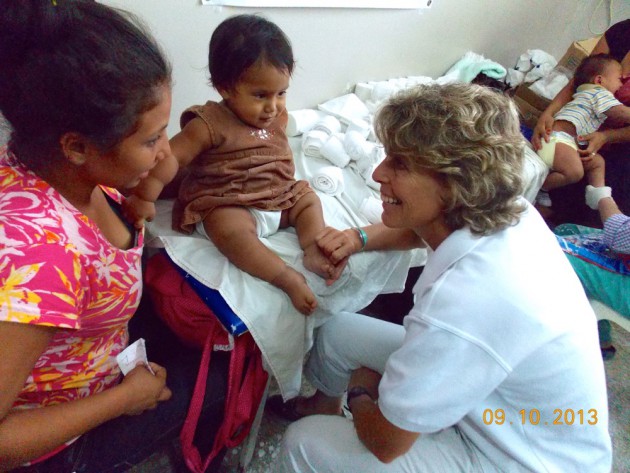 fields. Most importantly, that child can eventually get a job and be self-sufficient,” she says.
fields. Most importantly, that child can eventually get a job and be self-sufficient,” she says.
Chesca and all of us at miraclefeet get immense joy from knowing that each child in treatment has a chance of a real childhood and a productive life. We also get great satisfaction knowing that miraclefeet is having long-term impact on the countries in which we work.
So far, miraclefeet has treated 14,000 children in 13 countries, but Chesca says this race has just begun. Her mission is to actually eradicate the disability caused by untreated clubfoot. “We won’t stop until every child born with clubfoot has access to treatment. We owe it to these kids, and we’re going to make it happen.”
Casey Saussy is an accomplished competitive runner. Her many races include the Boston Marathon and Dipsea Trail Race, Casey is deeply committed to helping children experience the joy of running, jumping and attending school. A graduate of UNC with a BA in International Studies, Casey and her husband have two active daughters. She’s currently Director of Marketing at miraclefeet, and previously held the same title at Endurance Magazine.


